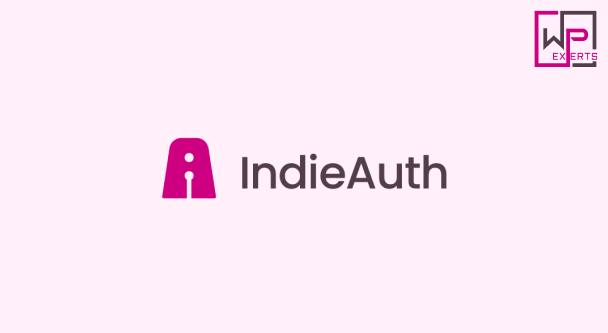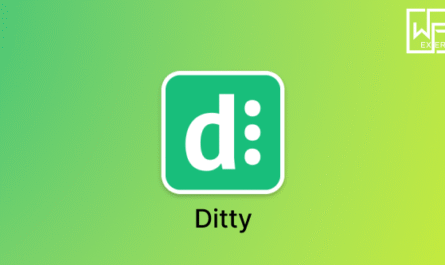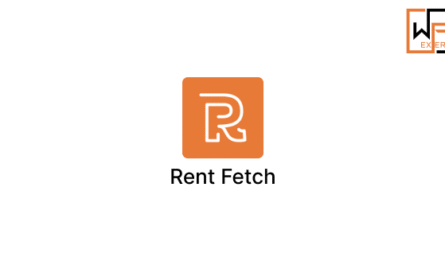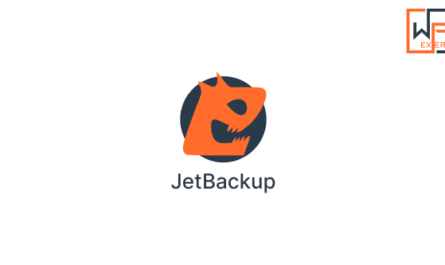IndieAuth WordPress Plugin: Take Control of Your Digital Identity
In today’s internet landscape, online identity is often controlled by large platforms like Google, Facebook, and Twitter. Every time you log into a website using your social media accounts, you’re not just authenticating — you’re also handing over control of your identity and personal data to these companies. But what if you could use your own website to log in instead? That’s where IndieAuth, a WordPress plugin, comes in.
IndieAuth is part of a broader movement called the IndieWeb, which empowers individuals to own their online presence and identity. The IndieAuth plugin allows you to use your WordPress site as your identity and authentication provider — letting you sign into other IndieWeb-compatible services without relying on third-party platforms.
Let’s dive deeper into what IndieAuth is, how it works, and how this plugin brings decentralized identity to your WordPress site.
[modal_image thumbnail=”/wp-content/uploads/2025/04/IndieAuth-inner.png” large=”/wp-content/uploads/2025/04/IndieAuth-inner-slider.png”]
What is IndieAuth?
IndieAuth is an open protocol for decentralized authentication. Think of it as an alternative to OAuth or OpenID, but built specifically for the IndieWeb ecosystem. Rather than depending on centralized identity providers like Google or Facebook, IndieAuth allows you to use your own personal website (e.g., yourblog.com) as your login.
This means you can authenticate yourself on websites and apps simply by proving ownership of your domain. It’s a secure, open-source way to reclaim control over your digital identity.
The Role of the IndieAuth WordPress Plugin
The IndieAuth WordPress plugin adds IndieAuth functionality to any WordPress site. Once installed, your site becomes an IndieAuth endpoint, meaning you can use it to log in to IndieWeb-compatible apps, services, and tools (like Micropub clients, IndieAuth.com, or social readers).
It’s a must-have plugin for anyone who wants to participate in the IndieWeb — a community of creators, developers, and thinkers building a web where individuals own their data and identities.
Key Features of the IndieAuth WordPress Plugin
1. Turn Your Site Into a Login Provider
With IndieAuth, your WordPress website becomes a secure identity provider. Instead of logging in with social accounts, you log in using your domain (e.g., yoursite.com).
2. OAuth 2.0 Compatibility
The plugin supports OAuth 2.0-style authorization flows, allowing other applications to request permission to access your site on your behalf.
3. Token Endpoint Support
It adds a token endpoint to your WordPress site, allowing applications to get and validate access tokens when interacting with your content.
4. Micropub Integration
Combine IndieAuth with plugins like Micropub, and you can post to your website from third-party clients — all without giving out passwords.
5. Simple Setup
The plugin is easy to configure and doesn’t require extensive technical knowledge. It’s built with WordPress users in mind and works out of the box for most setups.
6. Secure Authentication
IndieAuth uses a secure, standards-compliant flow to verify identity, keeping your login process both decentralized and safe.
7. Support for IndieWeb Tools
After installing IndieAuth, you can use your site to sign into tools like:
How IndieAuth Works
The core idea of IndieAuth is simple: prove you own a domain by linking to your identity provider and letting it confirm your identity. Here’s a basic overview of how it works with the WordPress plugin:
- You enter your website URL (e.g.,
yourdomain.com) into a site that supports IndieAuth login. - The site checks your homepage for a link to your authorization endpoint (provided by the IndieAuth plugin).
- You’re redirected to your WordPress login to authenticate.
- After login, your site grants an authorization code or token to the app.
- You’re now signed in — using your own domain.
This process ensures that you remain in control of your identity.
Installing and Setting Up IndieAuth on WordPress
Step 1: Install the Plugin
- From your WordPress Dashboard, go to Plugins > Add New.
- Search for IndieAuth.
- Click Install Now and then Activate the plugin.
Step 2: Configure the Plugin
Once activated, go to Settings > IndieAuth in your dashboard. Here, you’ll see your authorization and token endpoints. Most of the time, no further configuration is needed.
If you want to restrict or log access tokens, you can optionally configure advanced settings, but for most users, it works out of the box.
Step 3: Add Rel Links to Your Site Header
Your site needs to advertise its IndieAuth endpoints. If you’re using a modern IndieWeb-compatible theme or plugin (like WordPress IndieWeb), these will be added automatically. Otherwise, you may need to add this HTML to your header:
htmlCopyEdit<link rel="authorization_endpoint" href="https://yourdomain.com/indieauth/authorization-endpoint/" />
<link rel="token_endpoint" href="https://yourdomain.com/indieauth/token-endpoint/" />
This tells other websites and apps how to initiate the login process through your domain.
Benefits of Using IndieAuth
1. Own Your Identity
The biggest advantage of IndieAuth is that you own your login credentials. Your website becomes your passport to the IndieWeb.
2. Privacy-Respecting
IndieAuth does not track you or sell your data. You are in complete control of what data is shared and when.
3. No More Password Overload
When you use your website to log in to IndieWeb services, you don’t need separate usernames and passwords for each tool.
4. Interoperability
It enables seamless interaction between various IndieWeb tools like Micro.blog, Quill, and others. You can post content to your site from anywhere.
5. Supports Decentralization
IndieAuth is part of the open web revolution — a move away from walled gardens controlled by tech giants.
Use Cases for IndieAuth
Bloggers and Writers
Use your website to sign in to writing platforms, post content from mobile apps, and manage your blog from anywhere — all while keeping full control.
Developers
IndieAuth provides a secure, decentralized identity protocol that can be integrated into web apps without relying on Google or Facebook.
IndieWeb Enthusiasts
If you’re part of the IndieWeb community, IndieAuth is essential for participating in tools like readers, reply posts, POSSE (Publish Own Site, Syndicate Elsewhere), and more.
Educators and Academics
Use your domain as your identity when contributing to academic tools and knowledge-sharing platforms that support decentralized authentication.
IndieAuth vs Traditional Login Systems
| Feature | IndieAuth | OAuth/Facebook/Google Login |
|---|---|---|
| Identity Ownership | You (your domain) | Third-party platform |
| Data Privacy | High | Varies, often commercial use |
| Tracking | None | Often tracks across apps |
| Integration Complexity | Moderate | Moderate to High |
| Centralization | Decentralized | Centralized |
Final Thoughts
The IndieAuth WordPress plugin is a powerful tool that aligns perfectly with the vision of a decentralized, user-first web. It’s about owning your identity, your content, and your connections online. As more services begin to support IndieAuth and other IndieWeb protocols, having this plugin installed gives you a future-proof, privacy-respecting way to participate.
Whether you’re a blogger, developer, freelancer, or just someone who values digital independence, IndieAuth makes it easy to turn your WordPress site into your passport to the open web.




